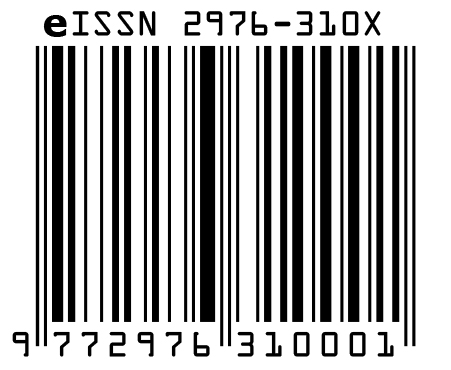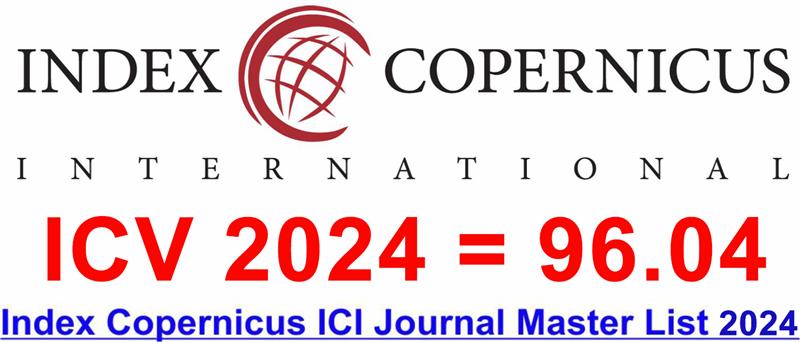A Study of The Effects of Feedback on College Students’ Self-Regulated Learning in an Online Learning Environment
DOI:
https://doi.org/10.60072/ijeissah.2024.v2i03.011Abstract
Background: Effective feedback positively impacts students' learning by stimulating motivation and enhancing cognition. In self-regulated learning, feedback is crucial. Given the moderate self-regulated learning abilities of Chinese college students and the demands of online learning, this study aims to provide feedback tailored to the self-regulated learning process, implement it in an online setting, and examine its effects to evaluate its effectiveness. Methods: This study combines literature analysis, experimental research, and a questionnaire to conduct an in-depth study of the impact of feedback on undergraduate self-regulated learning in an online learning environment. Sample: 37 students’ final grade point average in the previous semester is taken as the pre-test score. Based on this data, the study subjects are divided into two groups that are not statistically different. A teaching experiment lasting one semester is conducted on two groups of students: one receiving feedback and the other not, serving as the experimental and control groups. Results: (1) Feedback has a positive impact on college students' self-regulated learning level; (2) Feedback does not have a significant impact on college students' academic performance in the short term. Conclusion: This study investigates three aspects of model construction, feedback design, and empirical evidence to provide feedback based on learners' self-regulated learning processes in online learning environments to improve college students' self-regulated learning.
Keywords:
Feedback, Online Learning, Self-Regulated Learning, Students' PerformanceReferences
Barnard, L., Lan, W. Y., To, Y. M., Paton, V. O., & Lai, S. L. (2009). Measuring self-regulation in online and blended learning environments. The internet and higher education, 12(1), 1-6. https://doi.org/10.1016/j.iheduc.2008.10.005
Barnard, L., Paton, V., & Lan, W. (2008). Online self-regulatory learning behaviors as a mediator in the relationship between online course perceptions with achievement. The International Review of Research in Open and Distributed Learning, 9(2). https://doi.org/10.19173/irrodl.v9i2.516
Boekaerts, M. (1999). Self-regulated learning: Where we are today. International journal of educational research, 31(6), 445-457. https://doi.org/10.1016/S0883-0355(99)00014-2
Butler, D. L., & Winne, P. H. (1995). Feedback and self-regulated learning: A theoretical synthesis. Review of educational research, 65(3), 245-281. https://doi.org/10.3102/00346543065003245
Paulina, M., Mutiah, D., & Panaemalae, A. R. A. (2023). The Effect of Self Efficacy on Self Regulated Learning Among Students of State Islamic University During Online Learning. Psikis: Jurnal Psikologi Islami, 9(1), 52-60. https://doi.org/10.19109/psikis.v9i1.14340
Hattie, J., & Timperley, H. (2007). The power of feedback. Review of educational research, 77(1), 81-112. https://doi.org/10.3102/003465430298487
Narciss, S., Proske, A., & Koerndle, H. (2007). Promoting self-regulated learning in web-based learning environments. Computers in human behavior, 23(3), 1126-1144. https://doi.org/10.1016/j.chb.2006.10.006
Nicol, D. J., & Macfarlane‐Dick, D. (2006). Formative assessment and self‐regulated learning: A model and seven principles of good feedback practice. Studies in higher education, 31(2), 199-218. https://doi.org/10.1080/03075070600572090
Pintrich, P. R., Smith, D. A., Garcia, T., & McKeachie, W. J. (1993). Reliability and predictive validity of the Motivated Strategies for Learning Questionnaire (MSLQ). Educational and psychological measurement, 53(3), 801-813. https://doi.org/10.1177/0013164493053003024
Rieskamp, J., & Otto, P. E. (2006). SSL: a theory of how people learn to select strategies. Journal of experimental psychology: General, 135(2), 207. https://doi.org/10.1037/0096-3445.135.2.207
Wang, C. Y., Zhang, Y. Y., & Chen, S. C. (2021). The empirical study of college students’ E-learning effectiveness and its antecedents toward the COVID-19 epidemic environment. Frontiers in Psychology, 12, 573590. https://doi.org/10.3389/fpsyg.2021.573590
Zimmerman, B. J., & Schunk, D. H. (2011). Self-regulated learning and performance: An introduction and an overview. Handbook of self-regulation of learning and performance, 15-26.
























